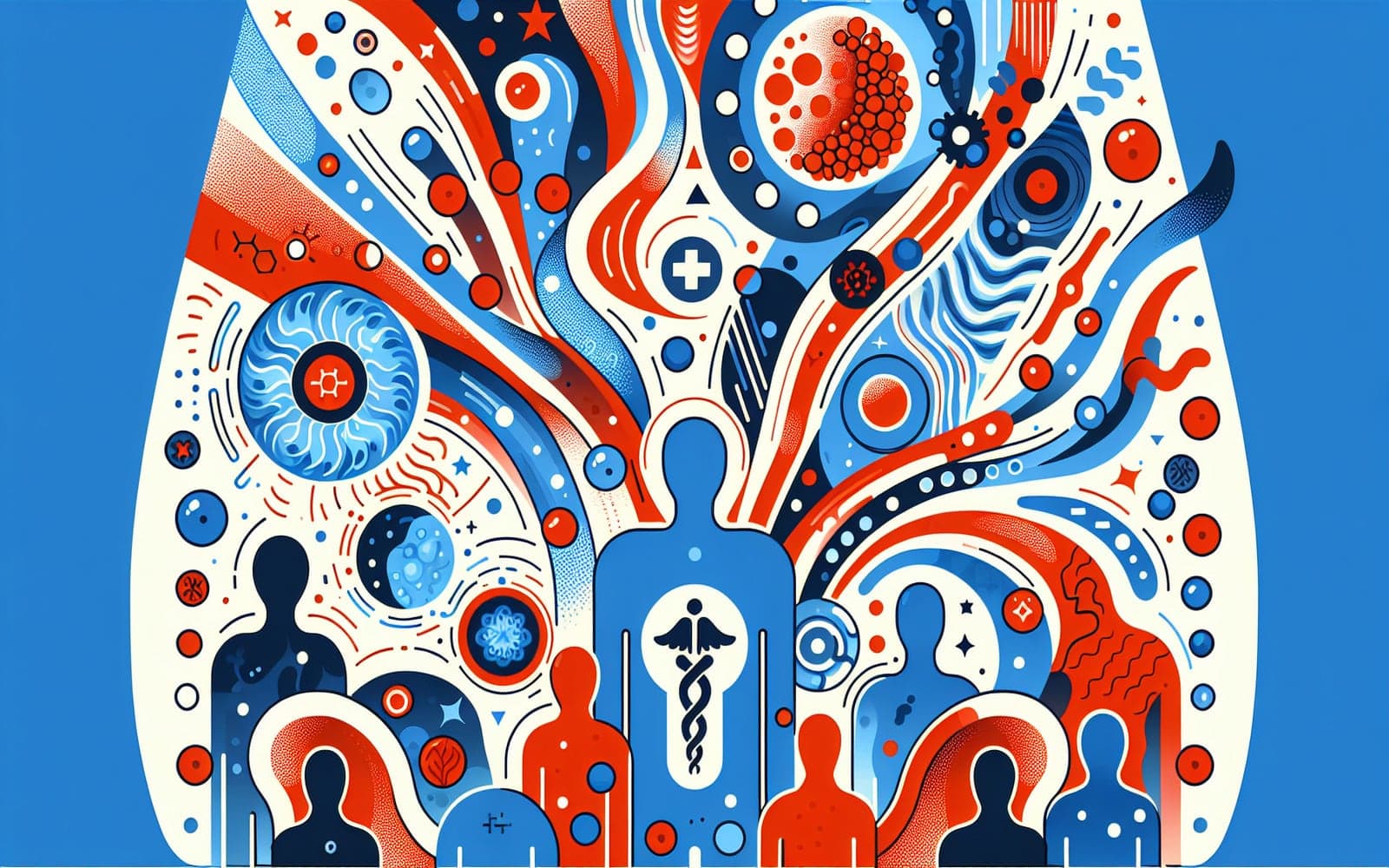Breaking Down Biologic Therapies: The Latest Treatments for Crohn's Disease
Published: Nov 24, 2023

Medically reviewed by Jerome Albert Ecker | MD, Assistant Professor of Medicine, Duke University - Durham, NC on November 24th, 2023.
Biologic therapies have revolutionized the treatment of Crohn's disease, offering hope to many patients who haven't responded well to traditional medications. These advanced drugs target specific parts of the immune system to reduce inflammation and promote healing.
Contents
What Are Biologic Therapies?
Biologic therapies are complex proteins made from living organisms. Unlike traditional drugs, they're designed to target specific molecules in the body that play a role in inflammation. For Crohn's disease, biologics typically work by blocking inflammatory substances like tumor necrosis factor (TNF) or interleukins.
Types of Biologics for Crohn's
Several types of biologics are used to treat Crohn's disease. Anti-TNF drugs like infliximab and adalimumab were the first biologics approved for Crohn's. Newer options include ustekinumab, which targets interleukins, and vedolizumab, which works in the gut to reduce inflammation. Each type works slightly differently and may be more effective for certain patients.

How Are Biologics Given?
Most biologics are given by injection or intravenous infusion. The frequency can vary from every few weeks to every few months, depending on the specific drug. Some biologics can be self-administered at home, while others require visits to a healthcare facility. Your doctor will determine the best administration method and schedule for your situation.
Frequently Asked Questions
No, but they can induce and maintain remission.
Some patients see improvement in weeks, others in months.
Possibly, but always consult your doctor first.
Some are considered safe, but discuss with your doctor.
Key Takeaways
While not suitable for everyone, biologic therapies offer a powerful tool in the fight against Crohn's disease.
Curious if biologic therapy might be right for you? Consult with Doctronic to learn more about your treatment options.Related Articles
- What is Crohn's Disease? A Beginner's Guide to This Tricky Digestive Disorder
- Beyond the Bathroom: Surprising Symptoms of Crohn's Disease You Might Not Expect
- Combination Therapy for Crohn's Disease: When Two Treatments Are Better Than One
- Navigating Crohn's Disease: Key Guidelines for Diagnosis and Treatment
References
Feuerstein JD, et al. AGA Clinical Practice Guidelines on the Medical Management of Moderate to Severe Luminal and Perianal Fistulizing Crohn's Disease. Gastroenterology. 2021;160(7):2496-2508.
Lichtenstein GR, et al. ACG Clinical Guideline: Management of Crohn's Disease in Adults. Am J Gastroenterol. 2018;113(4):481-517.
This article has been reviewed for accuracy by one of the licensed medical doctors working for Doctronic. Always discuss health information with your healthcare provider.

